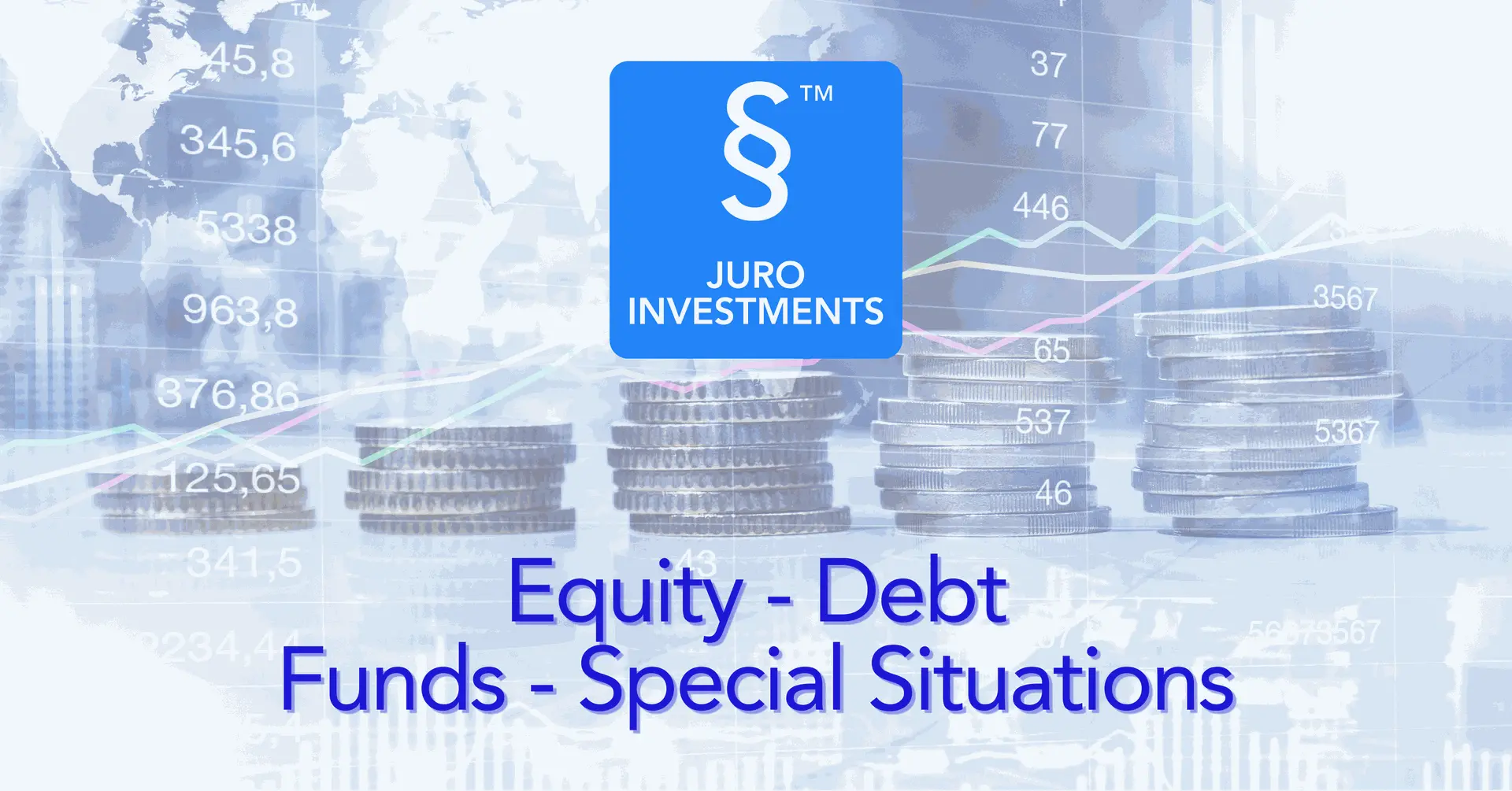Empoderando a la comunidad mundial de jurados
A nivel mundial, el concepto de comunidad, tal como se utiliza en proyectos de código abierto, no encaja perfectamente en el marco legal y regulatorio de la banca y los servicios financieros (incluidos los seguros). Los requisitos regulatorios de autorizaciones, capitalización y cualificación del personal son complejos desde el punto de vista operativo, de cumplimiento normativo y administrativo. Además, todos estos requisitos varían según la jurisdicción.
Esta complejidad nacional y global incorporada aumenta la barrera de entrada a la industria bancaria y de servicios financieros.
Para muchos, estas barreras de entrada son insuperables utilizando únicamente soluciones empresariales de código abierto. A medida que nuestra vida moderna está cada vez más interconectada internacionalmente, quienes entran al mercado se sienten aún más frustrados por la complejidad creciente de las operaciones transfronterizas y los obstáculos que parecen ir en aumento día a día. No debería sorprender, por tanto, que en las comunidades de código abierto exista una atracción inherente por las soluciones financieras descentralizadas no reguladas ("DeFi"), que son posibles gracias a los proyectos blockchain de código abierto.
El problema radica en que, con la adopción de DeFi, existe la posibilidad de que aparezcan actores maliciosos. Esto nos lleva de nuevo a las razones por las que las regulaciones de servicios financieros son, en primer lugar, de las más complejas y estrictas del mundo: proteger a los ciudadanos (o usuarios) de comportamientos depredadores y antisociales.
Por muy cierto que esto sea, desde la perspectiva de los nuevos participantes del mercado, bienintencionados y que se considerarían "buenos actores", la solución para proteger a los usuarios se está convirtiendo en un problema igualmente abominable. Curiosamente, esta anomalía sistémica da lugar a la creación de oligarquías y feudos de proveedores globales de servicios financieros.
Parte de la misión de Juro es ser la plataforma global y el canal que concilia la filosofía y las prácticas comunes de la comunidad pro-código abierto con las realidades regulatorias existentes (y en constante evolución). Simultáneamente, Juro democratizará los servicios financieros.
También es parte de la misión de Juro ser la plataforma global permanente y el conducto para la remediación económica, brindando estabilidad a la economía global, preservando valores y depósitos, todo ello sin la necesidad de rescates impopulares (o asistencia social corporativa) pagados por los contribuyentes.









